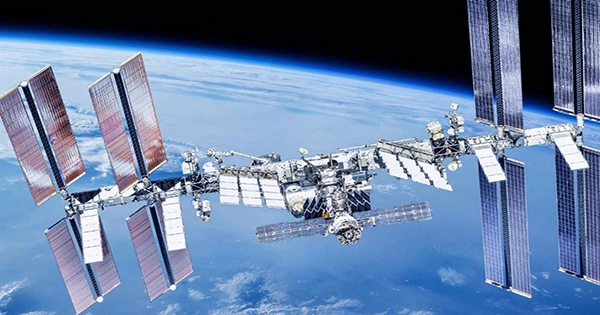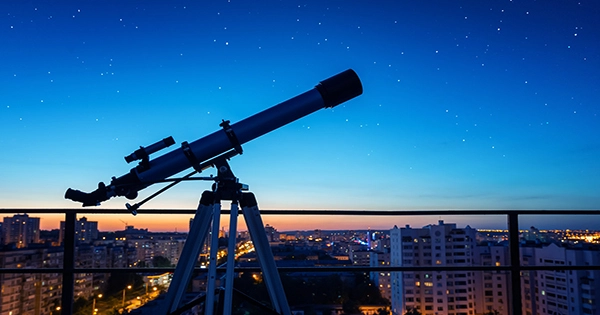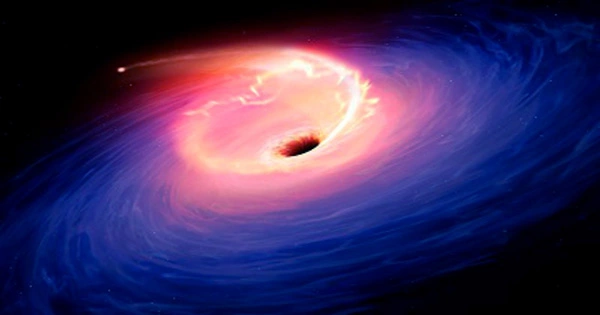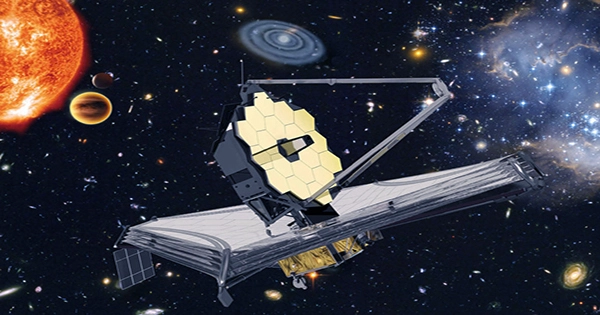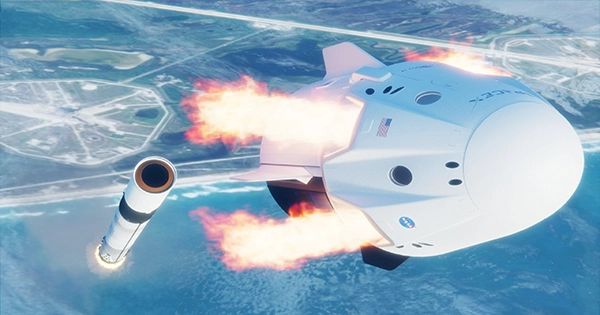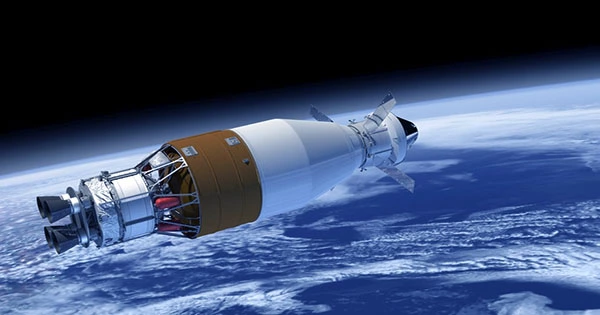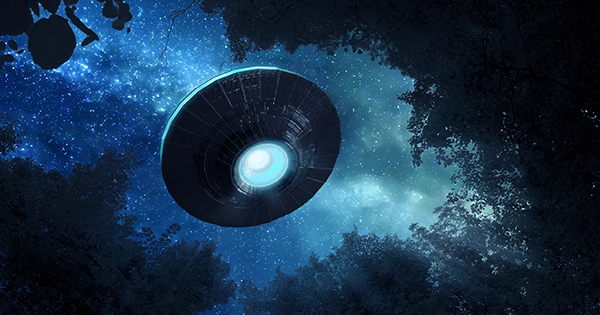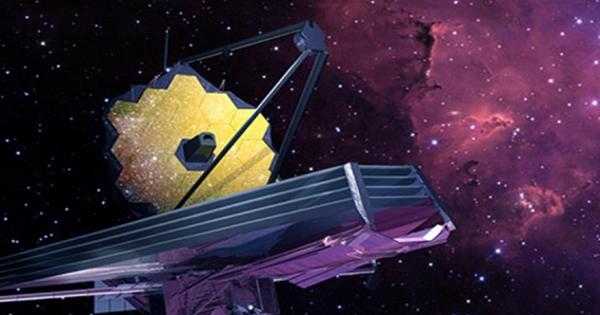In response to the invasion of Ukraine, the European Space Agency (ESA) has formally canceled ExoMars, an astrobiology project developed in conjunction with the Russian space agency Roscosmos. ESA’s supervisors unanimously agreed to put the project on hold indefinitely, citing “the current inability of carrying out the continued cooperation with Roscosmos,” according to a statement released Thursday.
“As an international organization charged with developing and implementing space programs in full compliance with European principles, we strongly regret the human fatalities and sad consequences of the aggression against Ukraine,” the ESA said in a statement. “While acknowledging the impact on scientific space research, ESA firmly supports the sanctions placed on Russia by its Member States,” it continued.
Since Russia’s invasion of Ukraine, tensions between ESA and Roscosmos have been growing. Due to European sanctions against Russia, Roscosmos has evacuated its entire workforce from the European spaceport in French Guiana, thus halting all launches of the extensively used Soyuz spacecraft. ExoMars was slated to launch in September 2022, reaching the Martian surface by July 2023 with a Roscosmos lander named Kazachok and an ESA rover named Rosalind Franklin after multiple delays and failures. Its objective was to investigate Mars’ geochemistry in order to solve one of the Solar System’s most pressing questions: has life ever existed on Mars?
Those plans appear to be dormant for the time being (and sadly, not the Martian kind). Despite the considerable reorganization, there is still a glimmer of optimism that components of the project may continue. ESA Director General Dr Josef Aschbacher has granted the go-ahead to conduct a “fast-track industry investigation” to examine whether there are any alternative options for continuing the ExoMars mission without Roscosmos.
Meanwhile, Dmitry Rogozin, Director General of Roscosmos, sent a provocative message on Telegram, indicating that Russia will look to complete their half of the mission without the help of their “European friends.” “One piece of paper with the signature of any typical European bureaucrat crosses out the effort of thousands of professionals.” Rogozin wrote, “It’s a pity.”
“Yes, we’ll lose many years, but we’ll duplicate our lander, equip it with the Angara launch vehicle, and perform this research trip on our own from the Vostochny cosmodrome’s new launch complex.” He said, “Without any ‘European pals’ with their tails tucked up from the Americans’ yell.” “For all space aficionados, this is a bitter occasion.”
